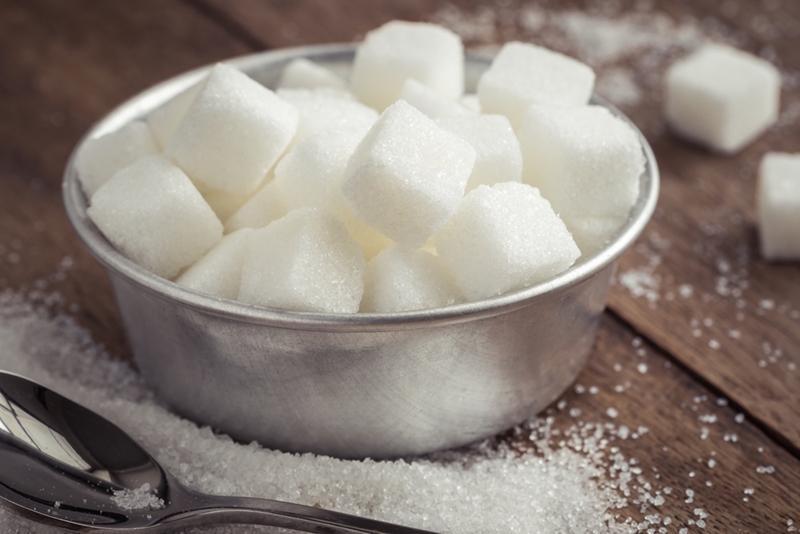When it comes to taking care of our teeth, there are a few foods and drinks that everybody knows are simply not good for oral health. These include everything from coffee and fizzy drinks through to cigarettes and acidic sauces, and if you're trying to limit any damage to your enamel, it's well worth limiting your intake. But what about those products that seem healthy, but can actually have a negative effect? They're a bit harder to identify, which is why our new series of articles is going to demystify these hidden dental dangers.
In this article, we'll take a look at sports drinks, described by the Oral Health Foundation as a serious threat to the teeth of youngsters.
68 per cent of children between ages of 12 and 14 are consuming sports drinks unnecessarily.
There's something about sports drinks
According to research from the Cardiff University School of Dentistry, 68 per cent of children between ages of 12 and 14 are consuming sports drinks unnecessarily. With the common perception being that these beverages are healthy, this might not seem like much of a problem. The reality is though, that sports drinks are not made for sipping around the house or with dinner. They are high-performance tools designed to provide energy and sustenance to athletes, which means that many of them contain huge amounts of sugar, along with various acidic substances.
Outside of a sporting environment, most of these products don't provide a real nutritional benefit. Despite this, the marketing around them has been very successful in suggesting that they provide a healthier alternative to traditional soft drinks. But what sort of effects can these sugars and acids have on human teeth?

Sugars and acids
Of course, we all know that sugars can contribute greatly to tooth decay. This happens through interactions with bacteria in plaque, and can result in cavities as the enamel breaks down and creates a gap in the surface of a tooth – which will eventually require a filling. So if we know that the sugar in soft drinks is bad for us, how much would there have to be in sports drinks to cause concern?
The two are actually far closer than you might think, with Nutrition Australia averaging 65 grams of sugar per 600 millilitre bottle of soft drink, compared to just over 45 grams in a soft drink of the same size. That's more than double the 20 grams you'd expect to find in orange juice, and highlights just how misleading the marketing around supposed 'health' products can be.
So what's the solution? Well as always, be aware of what you eat and drink, and contact your dentist if you have any questions or concerns about your oral health.